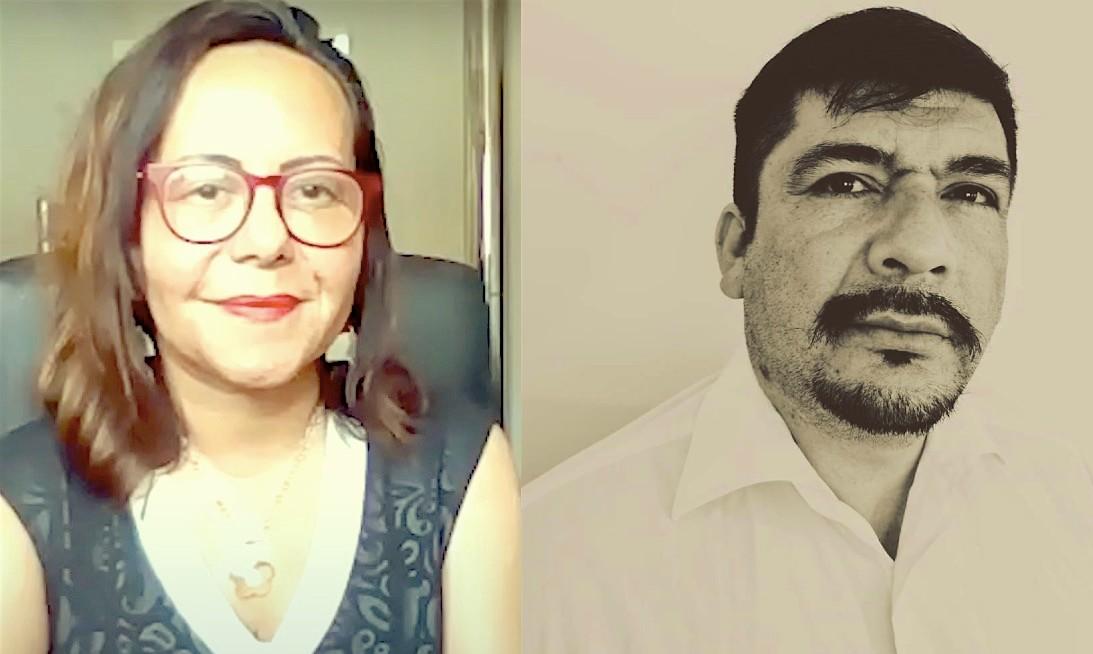The enormous challenge presented by the "little ones" migrants, boys, girls, adolescents - the counter
In recent days, we have witnessed such repudiable facts in northern Chile that tell us about a highly worrying immigration crisis.For a long time, the images of the burning of belongings in a small camp located in Iquique will accompany us, within the framework of a protest against illegal immigration.The fire devastated their belongings, including clothes, blankets and child toys.Here is where we want to stop to reflect on those under 18 years of age - children, children, adolescents (NNA) - which enter our country syndicated as one of the main destinations of migration in the South American concert.
This situation strongly hits the family judiciary.Judges and judges demarcate decisions with a human rights perspective, urging authority to comply with international treaties that as a State we have signed and ratified in matters of childhood and immigration.However, many times the response from the administrative authority is far from satisfying the judicial requirements, privileging the mandate of expulsion of foreigners in an irregular situation, without repairing the rights of children that this adult has brought with him.
To begin to understand this issue, we must ask ourselves if in our country we can make differences between "Chilean" and "foreigners" children to access the satisfaction of their fundamental rights.The answer is clearly not.Then we will ask ourselves if there is a public policy that is occupied with children in migration situation.The answer is not.
Regarding the first question, it is necessary to remember what distinction constitutes a form of arbitrary and illegal segregation prohibited by our fundamental letter and by DD treaties.H H.in force in Chile.And in the case of childhood, the principle of non -discrimination is even more taxative, since the immigration situation will never be considered over the status of a child or adolescent.
From the above it is collided that these children in migrant condition are especially unprotected in all dimensions of their fundamental rights.In the dimensions of identity, health, care, education, social protection, among others.Chile is far from being able to resolve with current norms the proper comprehensive protection to childhood as we compromised 30 years ago when, as a state, we ratify the Convention on the Rights of the Child.The debt we have is double: with whom they were born in Chile and with whom they have arrived in our country.

The institutional unprotection of childhood has been a reason for special concern for the National Association of Magistrates and Magistrates before Congress, Authorities and Related Services.Representatives of the guild presented in the hearings "Integral protection of children and adolescents in Chile" (10/10/2020) and the "Human Rights Situation in the context of social protest in Chile" (11/11/2019)Before the Inter -American Commission on Human Rights (IACHR), in which not only the complexities detected from stages in the field of fundamental rights were reported, the actions promoted by the association in said context were also detailed.The content of said reports and exhibitions is coinciding with the same bleak of state disassembly and apathy overdate in these lines in these lines in these lines.
There are no reliable data beyond what the 2017 CASEN survey reports to us, regarding the NNA number that have legally or illegally entered into our country.In fact, UNICEF himself cites the aforementioned survey as the only source of figures.Casen 2017 states that, of the total migrant population in the country, 12.8% would correspond to children under 14, without considering children born in Chile.We know nothing about those who enter by unable steps, with or without relatives, and who are undoubtedly in absolute unprotection.All these children live in a foreign country where there are no clear measures or policies to address their condition, because a policy related to migration is inevitably linked to the situation of adults responsible for them.
Two specific laws must be complemented for the integral protection of this childhood in a migration situation.One is Law No. 21.325, "Migration and Foreigner Law", which only in April of this 2021, after eight years in process, entered to rule.
The other is law that creates the system of guarantees of the rights of childhood, which still does not promulgate.It is clear, therefore, that as long as we continue to expand, that it is none other than the "frame" law that comes to regulate the situation of childhood, Chile will prolong its debt to girls and boys and, therefore, it will only worsenThe immigration crisis.
The way we treat the children entering Chile will be a good thermometer to know what type of society we are building.It is time to understand the urgency of defining public policies that manifest themselves in bills that can be dispatched quickly and quickly.We cannot afford to wait for years of procedures when it comes to childhood, even more about this childhood in migrant condition.We must have economic resources, structures and organizations prepared to execute the laws that are promulgated.We need judges and judges with clear awareness that we are likely to face a crisis of humanity that, to face it, we will need our interdependence as members of the same species, to privilege cooperation and solidarity.
Migration arrives to stay and with it an childhood that you have to take responsibly.As British editor and writer Robert Winder points out, in his book Bloody Foreigners: The Story of Immigration to Britain: “We can plant our chair on the beach as many times as we please and shout at the waves that reach the shore, that the seaHe will not listen to us or retire from there ”.










Related Articles